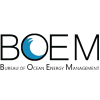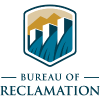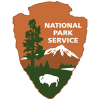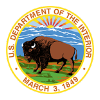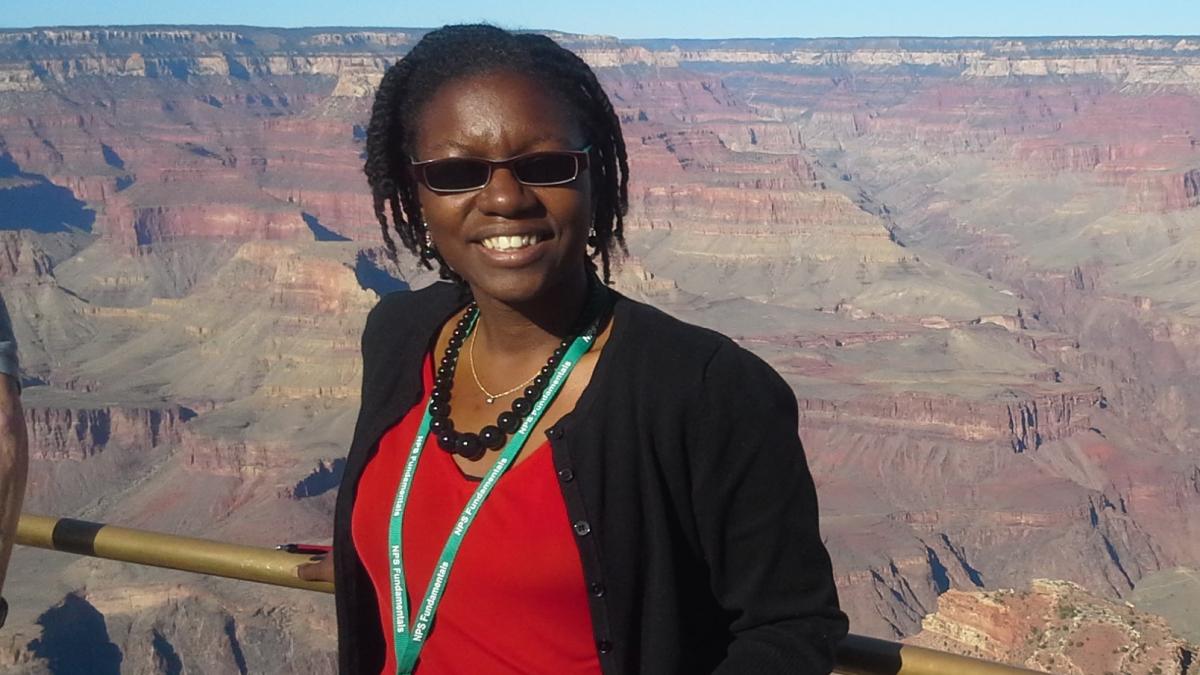
History
Position Overview
An important part of DOI’s mission is to preserve and protect historic sites and help visitors understand and appreciate them. Historians use their knowledge and skills to support the interpretation and preservation of historic buildings and sites across the nation.
This position is represented at the following bureaus
Candidate Description
The ideal candidate is an organized, detail-oriented problem solver who can research and communicate effectively with others. She or he applies understanding of historical events and human society and project planning skills to document, manage, preserve and protect important artifacts and sites.
Work Environment
Historians perform most of their work in offices but also visit field sites which may be in remote areas.
Minimum Education Requirements
Please see the Individual Occupation Requirements and the Professional and Scientific Positions Group Qualification Standard on the OPM websites.
Career Level Requirements
Responsibilities by Level
Entry:
- Researching historical information relating to a specific topic or site
- Summarizing information from various sources into abstracts
- Drafting letters or providing documents in response to inquiries
- Participating as part of a team working on a restoration project
Mid:
- Preparing and coordinating the writing of historical context studies, National Register of Historic Places documentation, and administrative histories
- Negotiating cooperative and inter-agency agreements needed to carry out resource stewardship objectives
- Drafting research documents on significant historical events or trends
- Developing methods for future management of cultural resources
Journey:
- Applying historical considerations to evaluate petitions from groups seeking Federal recognition as Indian tribes
- Researching and managing records related to historic sites
- Advising on and developing plans and proposals for cultural resources management projects
- Creating and implementing long-range plans for inventory, evaluation, documentation, preservation, research, and interpretation of cultural resources
- Developing relationships with various stakeholders to promote resource stewardship, share best practices, and advocate for common goals
Senior:
- Leading the project team for a complex preservation project
- Directing a major resources management program
- Planning and carrying out historical studies related to sites of national significance
Strengths by Level
-
AccountabilityHolds self and others accountable for measurable high-quality, timely, and cost-effective results. Determines objectives, sets priorities, and delegates work. Accepts responsibility for mistakes. Complies with established control systems and rules.Show Tool TipEntry 7Mid 9-11Journey 12-13Senior 14-15
-
Attention to DetailIs thorough when performing work and conscientious about attending to detail.Show Tool TipEntry 7Mid 9-11Journey 12-13Senior 14-15
-
Customer ServiceWorks with clients and customers (that is, any individuals who use or receive the services or products that your work unit produces, including the general public, individuals who work in the agency, other agencies, or organizations outside the Government) to assess their needs, provide information or assistance, resolve their problems, or satisfy their expectations; knows about available products and services; is committed to providing quality products and services.Show Tool TipEntry 7Mid 9-11Journey 12-13Senior 14-15
-
Decision MakingMakes sound, well-informed, and objective decisions; perceives the impact and implications of decisions; commits to action, even in uncertain situations, to accomplish organizational goals; causes change.Show Tool TipEntry 7Mid 9-11Journey 12-13Senior 14-15
-
Interpersonal SkillsTreats others with courtesy, sensitivity, and respect. Considers and responds appropriately to the needs and feelings of different people in different situations.Show Tool TipEntry 7Mid 9-11Journey 12-13Senior 14-15
-
Oral CommunicationExpresses information (for example, ideas or facts) to individuals or groups effectively, taking into account the audience and nature of the information (for example, technical, sensitive, controversial); makes clear and convincing oral presentations; listens to others, attends to nonverbal cues, and responds appropriately.Show Tool TipEntry 7Mid 9-11Journey 12-13Senior 14-15
-
Organizational AwarenessKnows the organization's mission and functions, and how its social, political, and technological systems work and operates effectively within them; this includes the programs, policies, procedures, rules, and regulations of the organization.Show Tool TipEntry 7Mid 9-11Journey 12-13Senior 14-15
-
Problem SolvingIdentifies problems; determines accuracy and relevance of information; uses sound judgment to generate and evaluate alternatives, and to make recommendations.Show Tool TipEntry 7Mid 9-11Journey 12-13Senior 14-15
-
Project ManagementKnowledge of the principles, methods, or tools for developing, scheduling, coordinating, and managing projects and resources, including monitoring and inspecting costs, work, and contractor performance.Show Tool TipEntry 7Mid 9-11Journey 12-13Senior 14-15
-
ReasoningIdentifies rules, principles, or relationships that explain facts, data, or other information; analyzes information and makes correct inferences or draws accurate conclusions.Show Tool TipEntry 7Mid 9-11Journey 12-13Senior 14-15
-
Teaching OthersHelps others learn through formal or informal methods; identifies training needs; provides constructive feedback; coaches others on how to perform tasks; acts as a mentor.Show Tool TipEntry 7Mid 9-11Journey 12-13Senior 14-15
-
TeamworkEncourages and facilitates cooperation, pride, trust, and group identity; fosters commitment and team spirit; works with others to achieve goals.Show Tool TipEntry 7Mid 9-11Journey 12-13Senior 14-15
-
Technical CompetenceUses knowledge that is acquired through formal training or extensive on-the-job experience to perform one's job; works with, understands, and evaluates technical information related to the job; advises others on technical issues.Show Tool TipEntry 7Mid 9-11Journey 12-13Senior 14-15
-
WritingRecognizes or uses correct English grammar, punctuation, and spelling; communicates information (for example, facts, ideas, or messages) in a succinct and organized manner; produces written information, which may include technical material, that is appropriate for the intended audience.Show Tool TipEntry 7Mid 9-11Journey 12-13Senior 14-15
Common Pathways
Candidates who made this career change most commonly held these occupations...
Community Planning
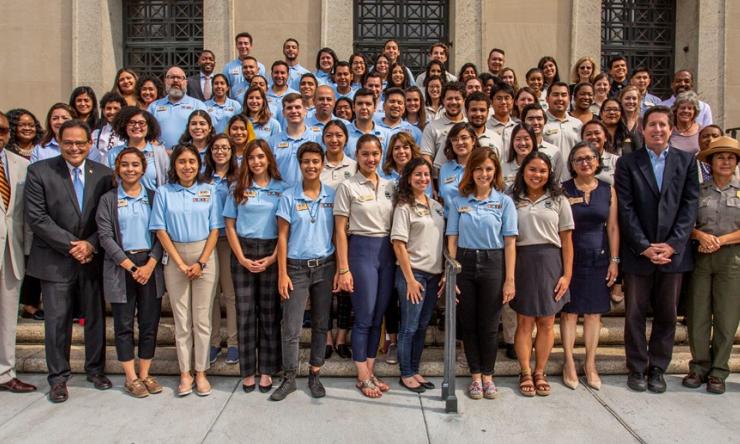
Outdoor Recreation Planning
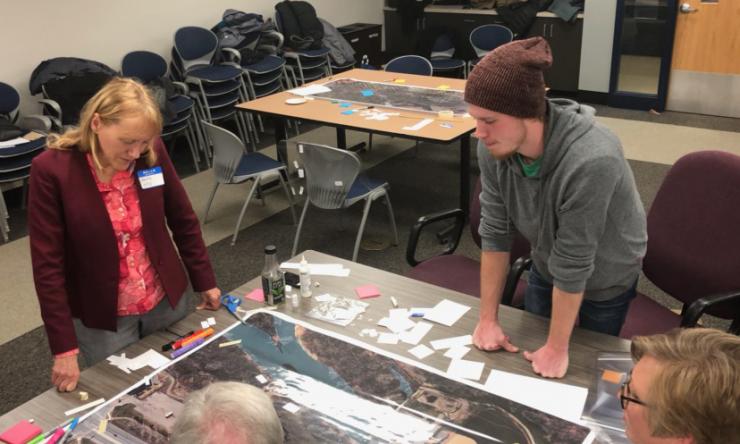
Social Science


